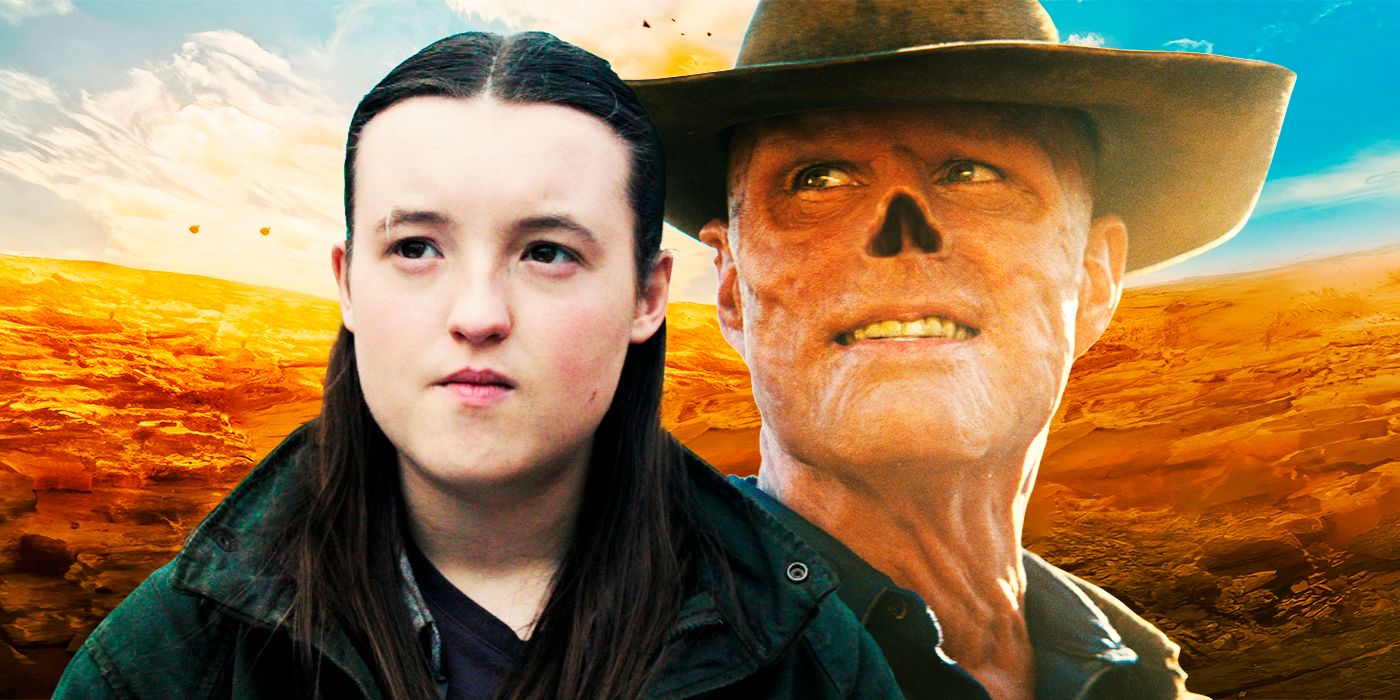
The Last of Us' fall from grace is a rare phenomenon in the realm of game-to-TV adaptations. While the series may not fully capture the brilliance of Naughty Dog's masterpiece, Season 1 was a strong debut that gave fans hope for what's to come. Although the fans found the casting a little problematic, Bella Ramsey and Pedro Pascal's eventual brilliance in bringing Ellie and Joel's relationship to life was enough to keep the audience wanting more.
However, The Last of Us Season 2's jarring changes and creative liberties have rubbed the fans the wrong way, so much so that the series suffered a significant downfall from its decent rating. The severe backlash and the actor shaming have made many wonder if the series would have been better off if it had followed Amazon Prime's Fallout methodology, which had a better reception compared to the former for one particular reason.
The Last of Us' Controversial Decision to Deviate Brought the Fandom's Wrath
Audience Has Been Unsatisfied With the Series' Approach In Season 2
Fans loved how the series captured the poignancy of the story and the backdrop, which were the two most pivotal elements of the game. Although The Last of Us Season 1 was missing some infected action, Joel and Ellie's heartwarming relationship sufficed for the lack of adrenaline. However, it's understandable why the signs of downfall wouldn't have immediately registered, because, despite how fans felt initially, Bella Ramsey was acceptable as Ellie in Season 1, as her game counterpart was still innocent.
The actor was able to capture the essence of Ellie, who was still alive and full of hope before tragedy struck. Series-only fans might not have noticed it, but the video game audience knew that Season 2 was a ticking bomb. Sooner or later, it would all fall apart because once they killed Joel, it would be a tough battle to keep the show afloat if it was adamant on not being faithful to the source material.
At the risk of sounding like jumping on the Bella Ramsey hate train, it was never really about questioning their capacity as an actor. It was always about how Ramsey did not physically look the part, which drove most of the viewership away. They weren't as physically imposing or emotionally broken as The Last of Us Part II's Ellie.
The Last of Us Season 2 currently sits at 37%, an all-time low, compared to Season 1's whopping 96%.
Then came the unsavory changes to Tommy, Dina, and Jesse — characters whose actions had a defining impact on Ellie. The series, however, completely undermined those dynamics. The biggest culprit? The show's pretense of honoring the original story, only to gradually morph it into something it was never meant to be. While The Last of Us Season 1 was brilliantly faithful to the source material, Season 2 took the audience's acceptance for granted — and in doing so, it may have jeopardized the future of the series.
On the other hand, and at the same time, the video game fans were graced with something as creatively mind-bending as Amazon's Fallout. A completely original story set in the world of the renowned video game series with no specific ties to the game whatsoever. A completely opposite tactic to what The Last of Us supposedly committed itself to, but the results speak for themselves.
The Last of Us and Fallout Succeeded On Opposite Parameters
Fallout Ventured Out In a Completely Exclusive Territory Set In the Video Game's World
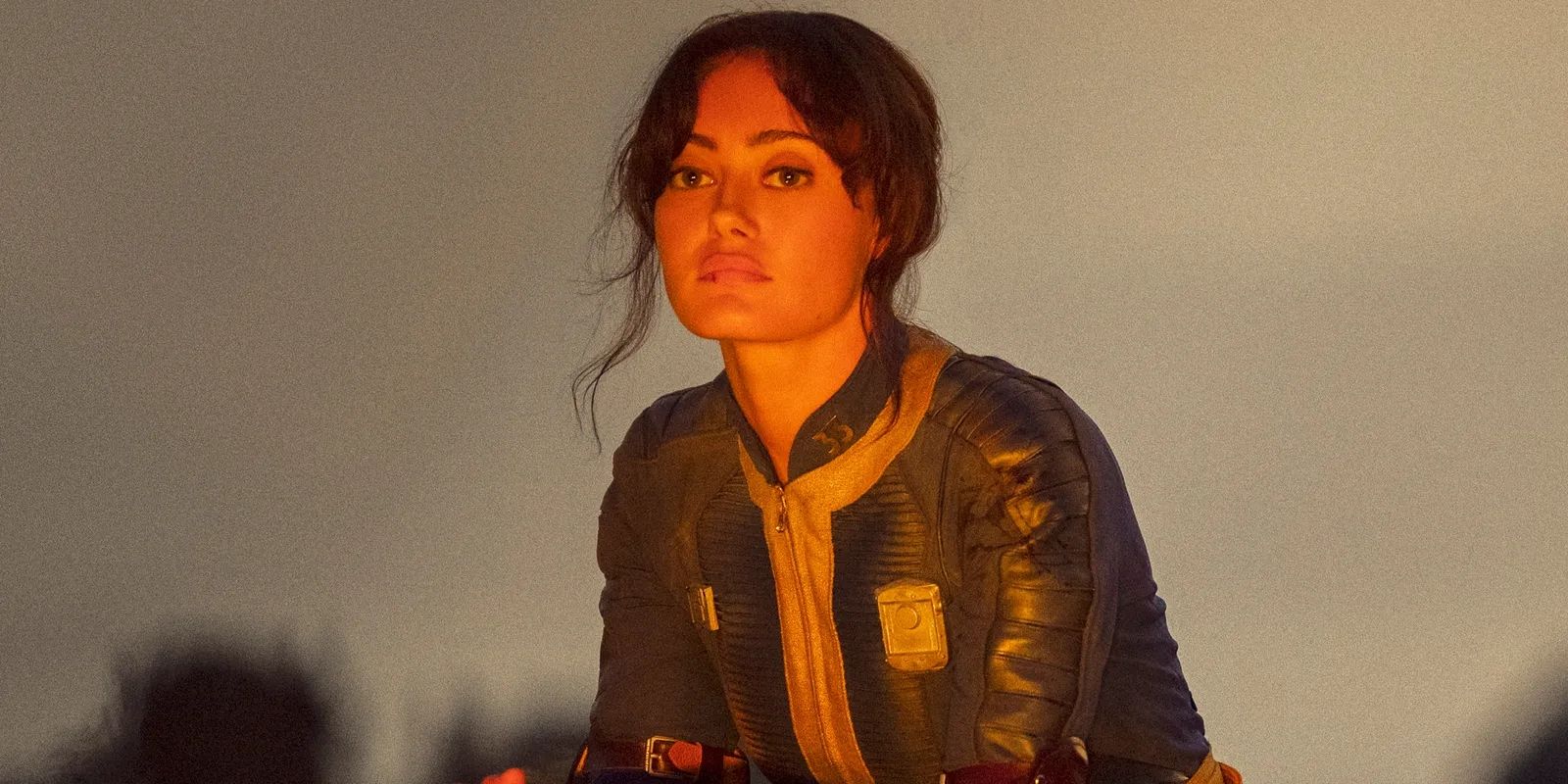
It's the norm to receive backlash and have cards stacked against video game adaptations since the trend hasn't been exactly fruitful. With disappointments like Halo and behind-the-scenes messes like The Witcher, fans really didn't expect much from shows that either marketed themselves as originals or faithful copies. However, in the case of Fallout, the risk was high, as the Amazon series had made it painstakingly clear that it was inspired by the popular game, but didn't specifically base itself on a particular entry.
Understandably, Fallout's world and lore are incredibly vast and rich. The endless stream of information in the game is drenched in impeccable details that ultimately lay the foundation of a bleak yet incredible world. Therefore, in order to subvert tropes, Fallout decided to go with a completely new story with no exclusive ties to any arc or character from the game.
Fallout took everything that made the games iconic and distilled it into a wildly entertaining piece of television. It sets a new standard for video game adaptations, capturing the series' spirit through multiple perspectives. From the grim charm of the Ghoul to nods like the NCR, the show thrives on nostalgia without being trapped by it. In contrast, The Last of Us struggled to find that same balance.
While it stayed faithful in many respects, it walked a tightrope of adaptation, burdened by high expectations and a fear of deviating — a path marked by caution rather than creative freedom. The backlash was inevitable because one could either go all in or all out, because the suspensive state is nothing but a big disaster waiting to happen. It's not like The Last of Us is a lost cause, but it's highly unlikely that the series will return to its former glory without some major alterations that aren't feasible.
The Last of Us Would Have Been Better Off If It Had Adopted Fallout's Approach
Fans Had High Hopes Because Of Season 1's Nearly Shot-By-Shot Adaptation
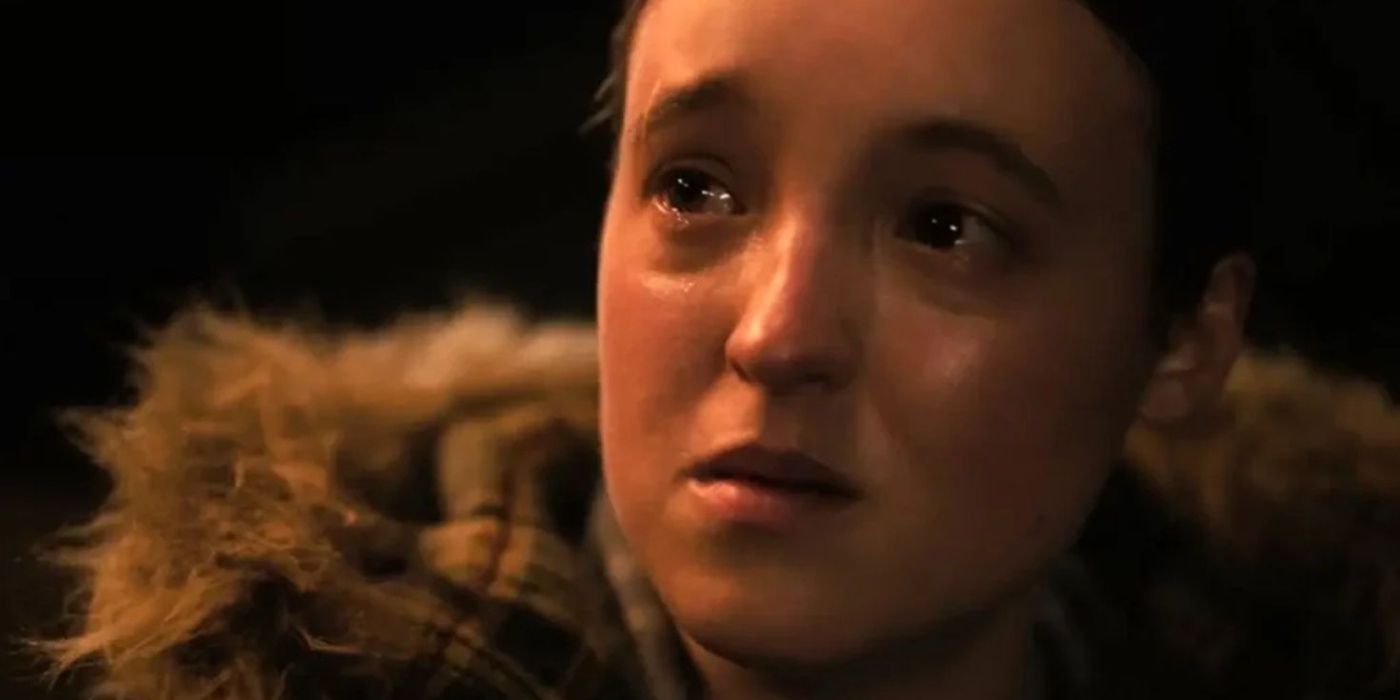
Though it still might be early to think Fallout might not suffer the same fate as The Last of Us Season 2, there's still an open playground for the former to experiment. As for the latter, it is stuck in a loop because even the slightest deviation from the source material is being met with harsh criticism, leaving absolutely no room for it to savor in its creative liberties. It's safe to say that when it comes to deviation, The Last of Us hasn't been a complete miss, and Season 2, Episode 2 can attest to that.
However, the rest of the changes have been nothing but a source of frustration for game fans, to be specific. What if the series had unfolded in the same world but with different characters and timelines? It's not like it hasn't been done before; Fallout—the Resident Evil series is a prime example of an alienating approach.
Ultimately, video game adaptations like Fallout have tapped into the secret recipe of crafting a universally acceptable story. It's canon yet original, therefore, allowing fewer opportunities for spoiling the story for anyone, even for those who know the game inside and out. Unfortunately, it may be that it's too late for The Last of Us since it has no choice but to move on with its current approach. Both shows represent the two sides of the same coin, but one has the freedom to explore while the other is bound by reverence for its source. If there's one lesson to take away from this golden era of adaptations, it's that creative vision must be either fearless or faithful—there's little room for half-measures.

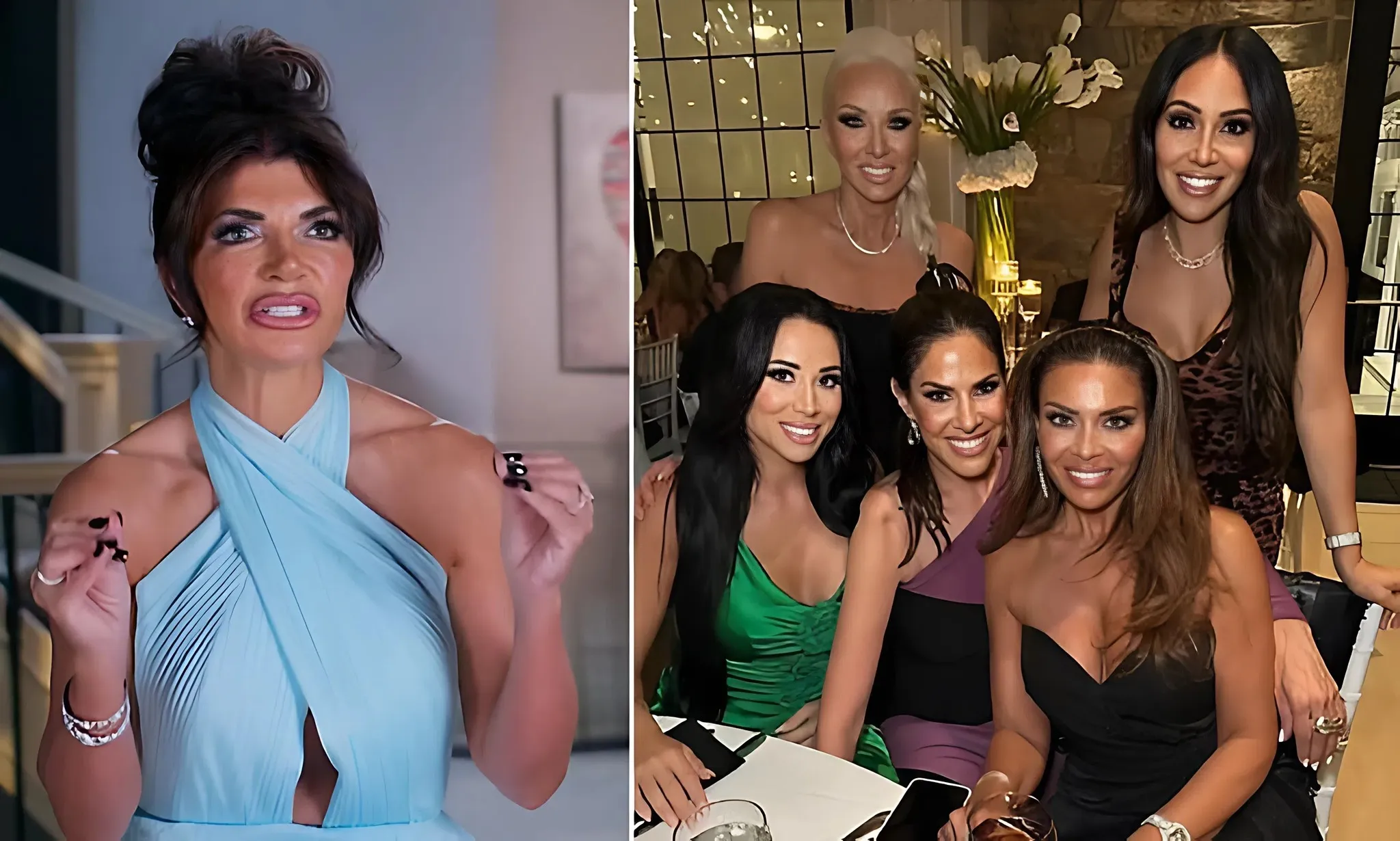
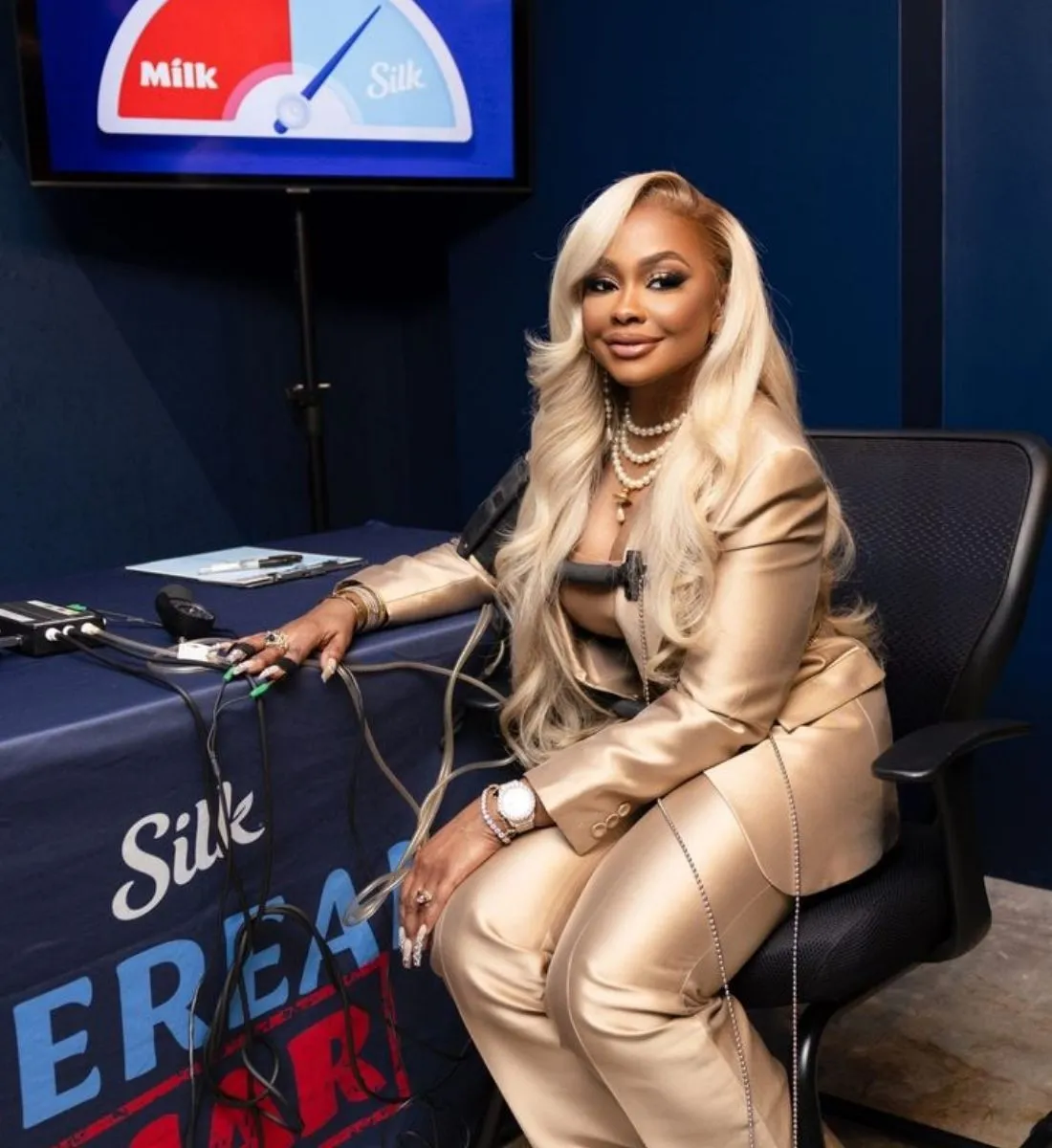
-1753546830-q80.webp)